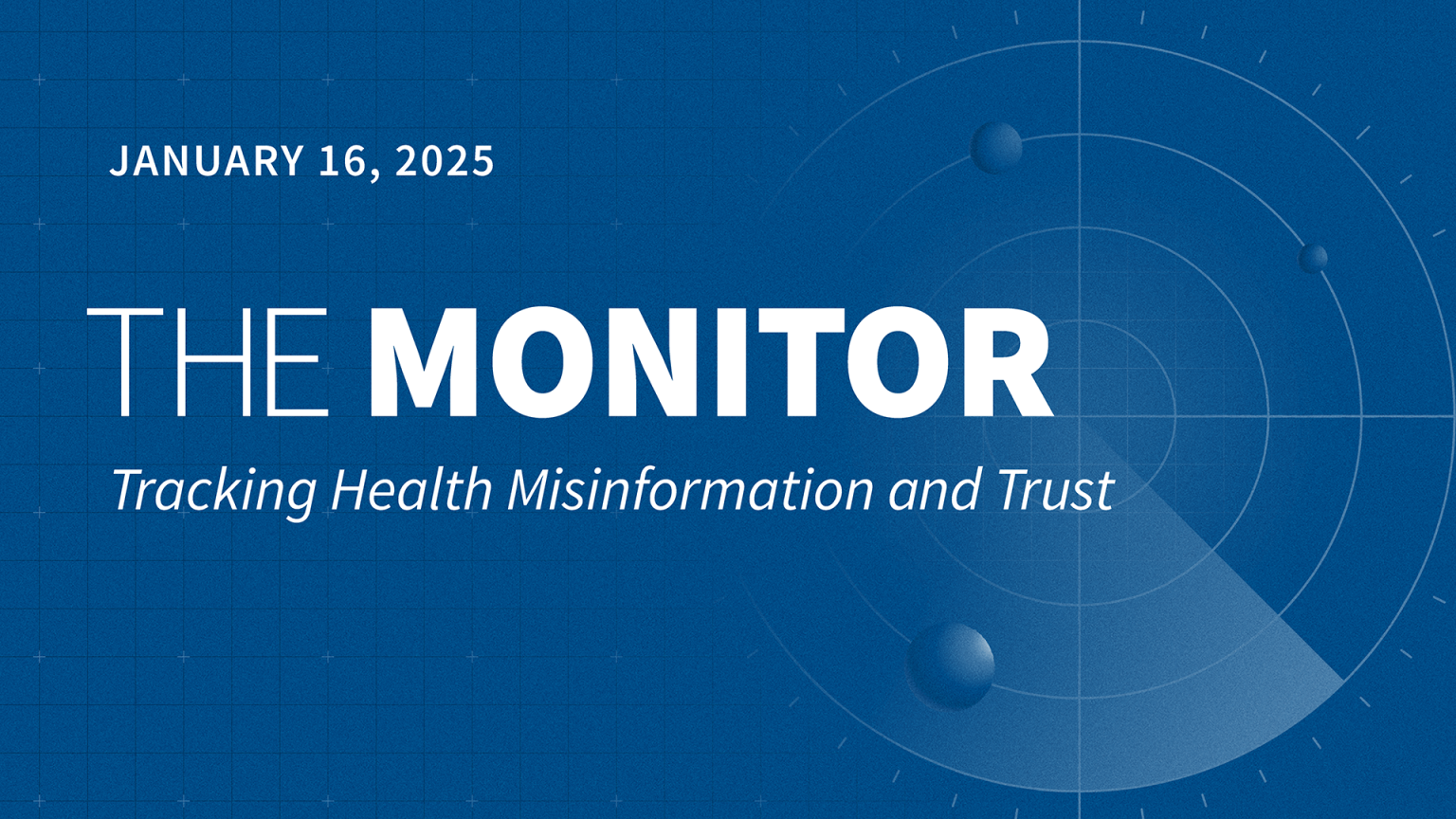Listen to the article
The growing battle over contraception information, once grounded in clinical facts, has become increasingly politicized and clouded by misinformation, according to health researchers. Misconceptions about how various contraceptive methods work are complicating access to birth control options for women across the country.
Emergency contraception and intrauterine devices (IUDs) continue to be mischaracterized as abortifacients by some anti-abortion groups, despite clear evidence to the contrary. These claims incorrectly assert that methods like Plan B terminate pregnancies or prevent implantation of fertilized eggs, though the FDA clarified in 2022 that Plan B does not block implantation.
This narrative has real-world consequences, experts note. Recent KFF polling found that about one-third of adults who have heard of emergency contraception pills incorrectly believe they are the same as abortion pills. An even larger majority—three in four adults—wrongly believe emergency contraceptive pills can end early pregnancies.
“These misconceptions have fueled opposition to policies expanding contraceptive access,” said Dr. Sarah Prager, professor of obstetrics and gynecology at the University of Washington. “We’re seeing legislators who claim to support birth control while embracing restrictions based on these scientifically inaccurate claims.”
The confusion is particularly pronounced in states with strict abortion bans. According to KFF data, about half of women living in states where abortion is banned either believe emergency contraception is illegal or are uncertain about its legal status.
This uncertainty extends to healthcare providers, with some delaying or denying services like IUDs and emergency contraception out of fear their actions could be interpreted as inducing abortion.
Meanwhile, social media has become a battleground for contraception information, with wellness influencers often promoting questionable claims about hormonal birth control. Platforms like TikTok, YouTube, and X amplify misleading content that links hormonal contraceptives to infertility, mental health problems, and other health concerns.
“The anti-hormone wellness trend has created a perfect storm for misinformation,” explained Rebecca Simmons, Ph.D., reproductive health researcher at the University of Utah. “Personal anecdotes about side effects, combined with distrust of pharmaceutical companies, make these narratives particularly compelling.”
Some content creators advocate for “natural” family planning methods—including fertility awareness and cycle tracking—as healthier alternatives to hormonal options. However, these approaches are generally less effective due to their reliance on consistent application and precise monitoring.
Healthcare professionals remain the most trusted source of contraceptive information. The 2022 KFF Women’s Health Survey found that 57% of reproductive-age women using contraception identified healthcare providers as their primary information source, and 74% preferred receiving information from medical professionals rather than social media.
Side effects remain the top area of interest, with more than half of women wanting additional information about potential effects of their chosen methods. Recent research indicates that provider misconceptions about contraception can influence care quality. A study published in the American Journal of Obstetrics & Gynecology found that 17% of physicians surveyed believed IUDs cause abortion, while 39% incorrectly thought emergency contraception was an abortifacient.
“We’re seeing a shift toward more patient-centered contraceptive counseling,” noted Dr. Melissa Simon, professor of obstetrics and gynecology at Northwestern University. “In recent decades, clinicians prioritized effectiveness over patient preferences, sometimes downplaying side effects. This approach created distrust and allowed misinformation to fill the void.”
Health organizations are increasingly using social media to combat misinformation with evidence-based content. Some are exploring AI-powered chatbots to address health misinformation, though research shows mixed results on their effectiveness for contraceptive education.
As the digital landscape continues to evolve, experts emphasize the importance of transparent, comprehensive contraceptive counseling that acknowledges potential side effects while providing accurate information about how different methods work.
“When patients’ concerns are dismissed, they turn elsewhere for information,” Dr. Simon added. “By centering patient experiences and providing evidence-based education, we can help combat the tide of misinformation.”
Fact Checker
Verify the accuracy of this article using The Disinformation Commission analysis and real-time sources.




10 Comments
Interesting study findings. It’s alarming how social media can spread misconceptions about sensitive medical topics like contraception. Fact-checking and science communication are crucial to counter these misleading narratives.
Absolutely. With so much misinformation circulating online, it’s vital that authoritative sources provide clear, evidence-based information to the public. Reproductive health should not be politicized at the expense of people’s wellbeing.
This is a concerning issue. Factual information on contraception is critical for ensuring women can make informed choices about their health and family planning. Misinformation on social media could have serious consequences for access to reproductive care.
I agree. It’s troubling to see political narratives distorting medical facts around contraception. Reliable, science-based education is essential to empower people to make the best decisions for their own needs and circumstances.
The politicization of contraception information is deeply concerning. Reliable, unbiased sources must continue to provide accurate, evidence-based guidance to the public on these important healthcare matters.
I agree. Ensuring widespread access to truthful, science-based contraception information is critical, especially given the real-world impacts this misinformation can have on people’s lives and wellbeing.
This highlights the risks of unfounded rumors and ideological agendas distorting perceptions of contraceptive methods. Rational, nuanced discussion grounded in medical facts is needed to ensure people can access the care they need.
Well said. Fact-based education is essential to counter the spread of misinformation and allow individuals to make informed choices about their reproductive health. Maintaining scientific integrity in this space is crucial.
This study underscores the urgent need to combat the spread of misinformation around contraception on social media. Fact-based education is vital to empower people to make informed decisions about their reproductive health.
Absolutely. With so much at stake, it’s critical that medical professionals, public health authorities, and reputable media outlets work to counter these misleading narratives with clear, evidence-based information.